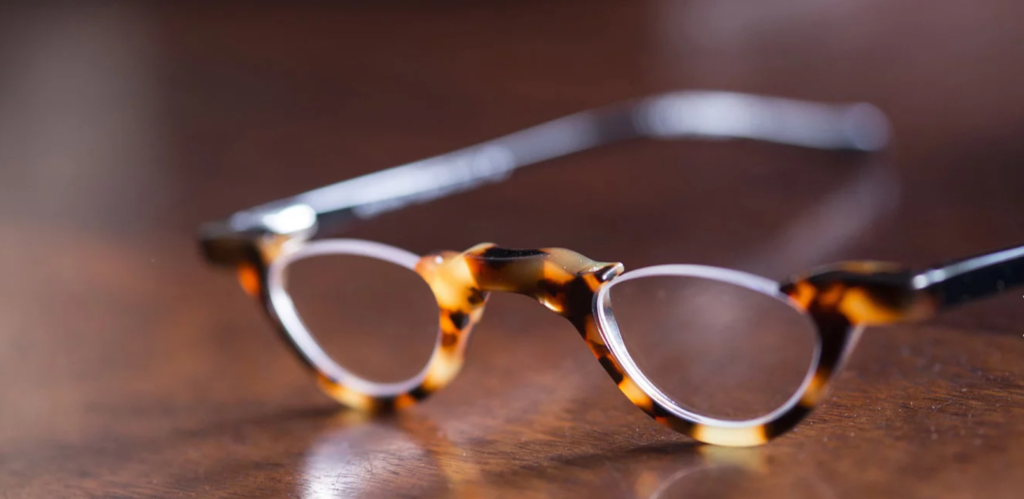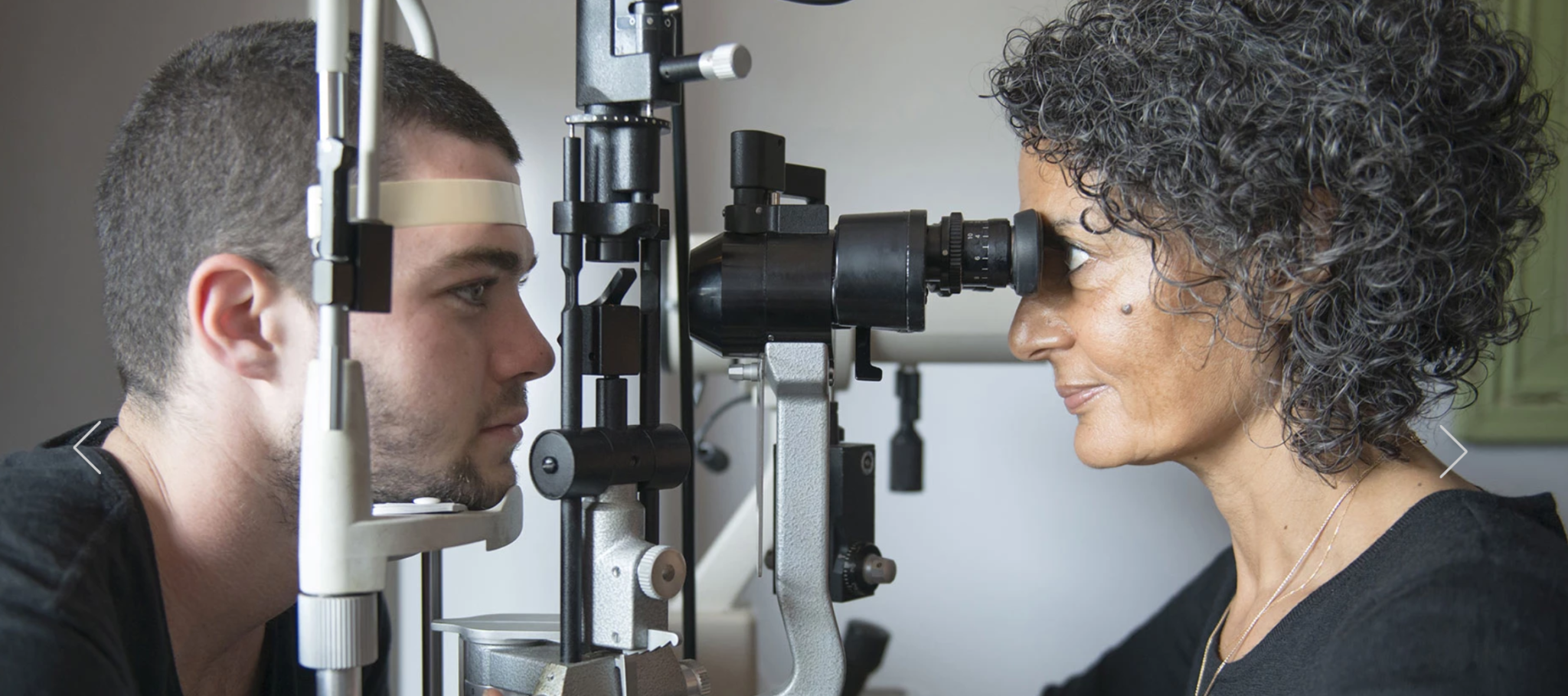Eating for eye health is simple: the food that is good for your eyes is good for the whole of you, as your eyes are part of you! This is common sense, but something we sometimes forget.
The common eye conditions, cataract and macular degeneration, are at least partly due to oxidative damage, also known as stress, and formerly known as ageing.

There are foods that can help reduce oxidative damage, and therefore help to slow or even possibly prevent the formation of cataracts and macular degeneration and…who knows? They may even slow the signs of ageing in general!
These foods are the foods we used to eat, before food became ‘convenient’, i.e. processed and put in a packet. Anything that has been processed into any kind of packaging has had some of the life processed out of it, and has usually had sugar and some kind of preservatives processed into it.
Real food consists of:
- meat (preferably, although not necessarily lean, as fat is not as bad for us as we have been led to believe)
- fish (preferably oily, as it contains more fish oil!)
- green leafy vegetables, which contains many vitamins and nutrients
- nuts (not too many, as they are high in fat and carbohydrate and it is easy to eat too many and give yourself a bloated belly and put on weight)
- seeds, which also contain vitamins and nutrients
- fruit (not too much, as it is full of sugar, and fruit sugar does not signal the body that you have eaten, so there is no feedback mechanism to tell us to stop!)
Eating well is a vital part of caring for your health, including your eye health, as it is something that we have to do to stay alive, and that we usually do every day.
But there is much more to health than food.
How we live in general determines how healthy we are, or not. This includes:
- how we see ourselves
- how we feel about ourselves
- how we care for ourselves in every way
- how we eat
- how we rest
- how we move
- how we work
- how we play
- how we are with other people – family, friends, workmates, strangers
- how we feel about life
Life is not broken up into neat compartments that we can keep separate from each other, that do not affect each other.
It is all one life. And how we are in every aspect of our lives affects every other aspect, everyone and everything else, and the whole.
Something worth thinking about as you reach for the next whatever-it-is that you know you should not be eating, as it does not suit your body! And perhaps something to consider and inspire you to eat – and live – in a more healthy and caring, loving way.
If you need to see a doctor about your eyes, you can start with your GP, you can find one here:
Or, find an Optometrist by using doctors.com.au search:
https://doctors.com.au/find/?fwp_category=optometrist
This article was provided by Doctor Anne Malatt an ophthalmologist / eye surgeon / eye specialist, operating in the Northern Rivers region of NSW Australia http://www.doctorannemalatt.com.au/
 Need a doctor now? Speak to a GP in minutes via phone or video consult.
Need a doctor now? Speak to a GP in minutes via phone or video consult.